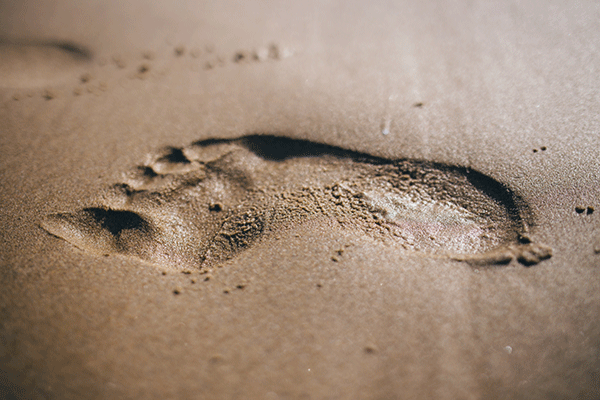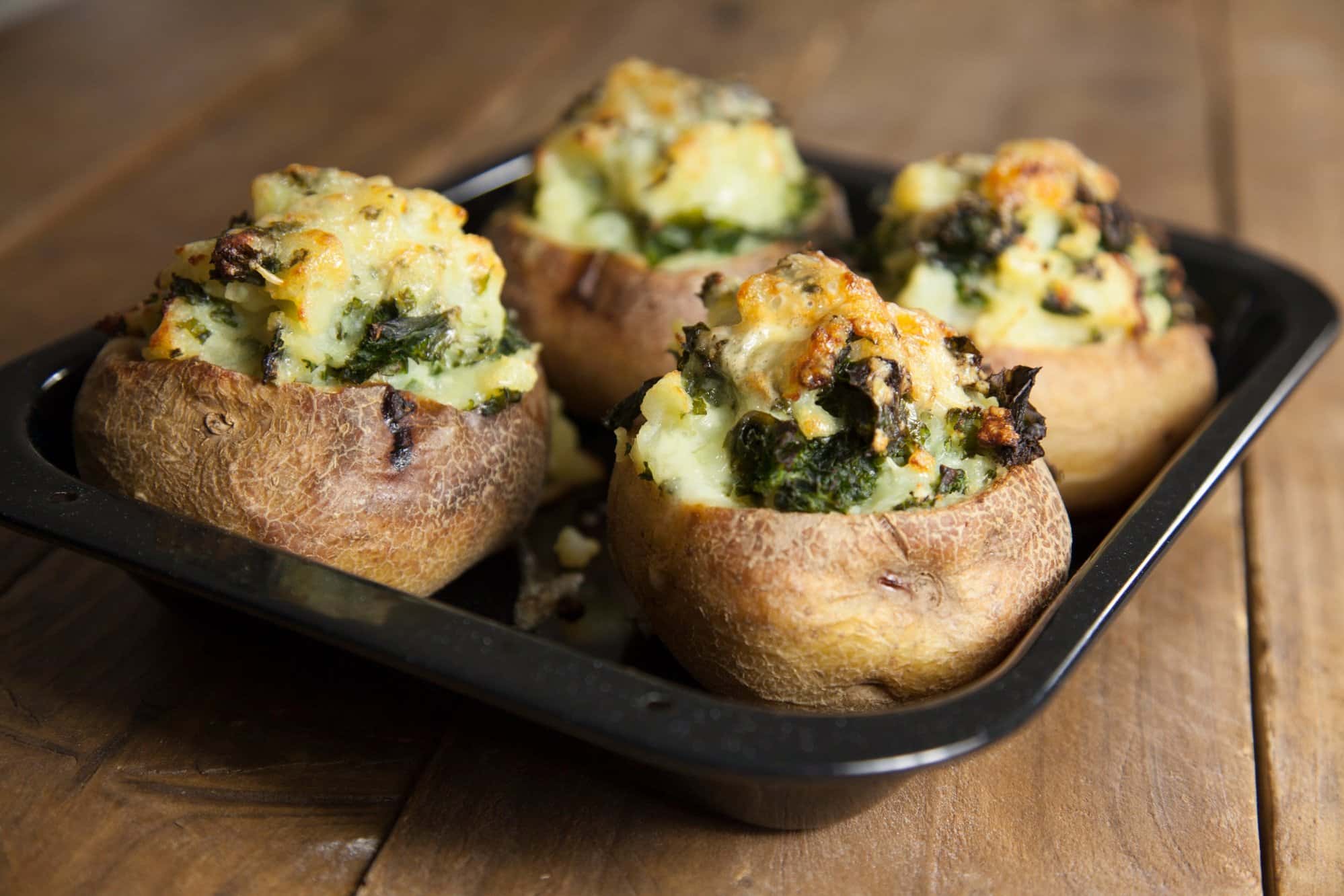Addressing climate change calls for radical solutions at all levels from businesses and national governments, to our own individual actions. It can be hard to know where to start, and what we can do every day to make a difference. Here are our top tips to reduce your own carbon footprint.
Energy and finance:
- Switch to a green energy provider for your home electricity, and ensure your home is well insulated.
- Look into what your money is funding: pension pots and savings often go towards high-earning fossil fuel projects, switch to a fund or bank that bans these investments and make sure yours don’t.
- Green up your transport with pedal power (try an e-bike!), walking more or swapping to an electric vehicle. If you are new to cycling, Sustrans has some great resources.
- Ditching flights and going by train is the best way to cut huge amounts of carbon from your footprint. Swap a far-flung holiday destination for one closer to home.

Embrace digital sustainability:
- Reducing daily data usage cuts CO2 and costs us less at the same time. Huge data centres around the world consume vast amounts of power from burning fossil fuels. Use WiFi and turn off mobile data streaming – downloading music, podcasts, or episodes before you leave the house makes a big difference.
- Do you really need that upgrade? Buy refurbished or recycled devices and keep them for longer. Green business campaign group Business Declares has put together this digital declutter toolkit with tips and info about a digital carbon footprint.

- Changing your settings to from ultra HD to standard definition when you are watching Netflix or YouTube on your mobile reduces your emissions, with very little change in quality on a small screen.
- Make Ecosia your default search engine – powered by renewables, they also plant trees when you search the internet.
- Try a ‘digital diet’ – Just set a limit on how much you watch per day or spend on social media. Reclaim some time and spend it enjoying the outdoors, being with friends, doing something creative or reading and enjoy benefits including better sleep, improved posture, and less stress.
Choose a more carbon-friendly diet:
- Eat mostly veg, fruits, whole grains and British-grown beans and pulses (try Hodmedod’s). If meat or dairy are part of your diet, choose ‘less and better’. In addition to methane emissions from ruminants, livestock has an indirect carbon impact from the grain they eat, often soy grown from deforested parts of the Amazon – choose organic or grass-fed if you can, and eat it less often.

- Follow the seasons and enjoy what’s available in the UK throughout the year. Seasonal eating gives you fruit and veg at the peak of flavour – tender broad beans, the juiciest summer strawberries, sweet autumn squash and comforting root veg.
- Choose zero air freight – get to know your food’s journey from field to fork. Organic veg box schemes are a great way to enjoy freshly picked veg that hasn’t been flown across the globe. It can be hard to find out from packs how food has been transported; use country of origin as a guide and work back from there.
- Enjoy cooking from scratch – you can know exactly what goes on your plate, avoid unnecessary additives and packaging, and skip the higher carbon footprint caused by all the processing, storage, and transport ‘convenience’ foods generate.
- Focus on reducing food waste – For some great top tips on making the most of your veg, loving your leftovers and better storage to stop waste, click here.
House and lifestyle:
- Upcycle, repair, reuse, swap – get creative with how you furnish your nest and learn new skills in the process, reducing your reliance on new resources made with energy.
- Choose alternatives to plastic, which is made from processing oil. No need to bin every piece of plastic in your home in a panic. Just start with one item that has run out or worn out and replace it next time with a sustainable alternative.
And finally, make your voice heard on climate change. Lobby your MP, join together with others through an environment organisation that helps protect something that’s dear to you and be part of positive change.












The biggest contribution an individual can make towards net zero is to have fewer or no children. Most people are not aware of this – latest research shows that most people think recycling is the biggest contribution they can make to reducing their carbon footprint when in fact this makes only a tiny difference. Recycling is more about reducing food and plastic waste and pollution, which are desirable, Having fewer children is essential.
Whilst I understand that people want children, and indeed society needs younger generations, I often wonder why few people seem to consider the impact of domestic pets. Whilst eating meat and dairy is increasingly frowned upon, no-one seems to question the very large and I think increasing number of dogs we keep and their associated environmental impact.
Shades of ‘1984’ climateaction30; that is contentious indeed! So now to save our world you propose that we preduce less offspring – in that case surely if we just leave things alone then ‘Nature’ will solve the problem for us? The odd pandemic (oh look we are having one even now to ‘cull’ a few unwanted ‘umans) no doubt helps the process and I’m sure you can think of many other ways to solve the problem – if it ever comes to that impasse I think I’d volunteer to go first . . . . . . . . [taking a few ‘volunteers’ with me]
the Walrus
While individual life style choices are clearly relevant, the framing of climate change as a problem which can only be mitigated effectively by consumer choice is false. Yet, this is the narrative being promoted by many politicians and businesses, either because they fail to understand the scale and urgency of the climate crisis, or they are protecting vested interests.
The reality we all confront today is one in which only unprecedented action across all socio-economic sectors will be enough to avert a global catastrophe within several decades. The global carbon budget consistent with limiting global average temperature rise to no more than the critical threshold of +1.5 degrees Celsius will be consumed before 2030 given current, global annual carbon emissions (pre-pandemic).
In this context, I would argue that the single most important action any of us can take now is to write to our MP and demand urgent action on emission reductions. If even a small percentage of the population did this, the government would very quickly get the message.
Excellent measures to reduce our carbon footprint, it would be spectacular to motivate and share this type of information since not all people worry about knowing the origin of their food or what type of electric service provider to use. Very useful advice, thank you very much for sharing it – Gustavo Copelmayer
Thanks for your feedback Gustavo – great to hear that this list is helpful, and that it is something you feel is accessible to a much wider audience to help us all make these steps.